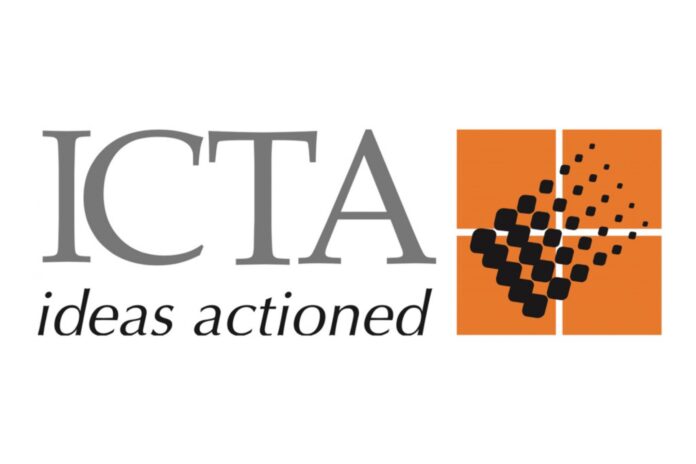By: Staff Writer
July 22, Colombo (LNW):In a major stride toward digital governance, Sri Lanka’s Information and Communication Technology Agency (ICTA) is preparing to launch a unified “Super App” aimed at transforming citizen interaction with government services. The initiative is part of a broader national strategy to streamline public sector operations through cutting-edge digital infrastructure and reduce dependency on paper-based systems.
The ‘Super App’ will serve as a centralised mobile platform integrating various government services into a single interface. ICTA’s Acting CEO Sanjaya Karunasena described it as the next phase in Sri Lanka’s Digital Public Infrastructure (DPI) journey, building on the recently introduced GovPay system, which laid the groundwork for online payment facilitation across state institutions.
“The app is already under development, and the first rollout is expected within the next six months,” Karunasena announced at a media briefing. He explained that the platform would allow citizens to digitally access key services, including national ID, examination certificates, and licenses, all stored and managed through a secure mobile system.
One of the standout features of the Super App will be its integrated payment options, enabling users to complete transactions using credit and debit cards, fintech services, and in-app payment systems. Karunasena emphasized that the procurement process for payment solution providers is underway to ensure secure, seamless transactions with minimal user friction.
A core pillar supporting the app’s capabilities is the National Digital ID project, which will embed biometric data into citizens’ digital identification. This will allow remote verification and eliminate the need for physical visits to government offices for services like passport applications or driving license renewals. “This digital NIC will save citizens time, effort, and money,” Karunasena noted.
The app will also introduce verifiable digital credentials—such as birth certificates and academic records—that can be stored and presented via mobile devices, enabling a paperless and efficient interface with public institutions.
“This is a significant shift from the fragmented and paper-heavy processes we’ve been used to. The Super App aims to make public services citizen-centric, accessible, and secure,” Karunasena said.
In tandem with the Super App, ICTA is also revamping the longstanding 1919 Government Information Centre. According to ICTA Board Member Harsha Purasinghe, the upgraded version will incorporate artificial intelligence to improve responsiveness and automate user interactions.
“We’ve already finalised the technical architecture and user interface for the AI-driven 1919 platform. It’s slated to launch within six to eight months,” Purasinghe stated.
Both the Super App and the AI-powered 1919 centre are seen as crucial components in the country’s ongoing digital transformation, designed to cut bureaucracy, enhance transparency, and increase efficiency in public service delivery.
